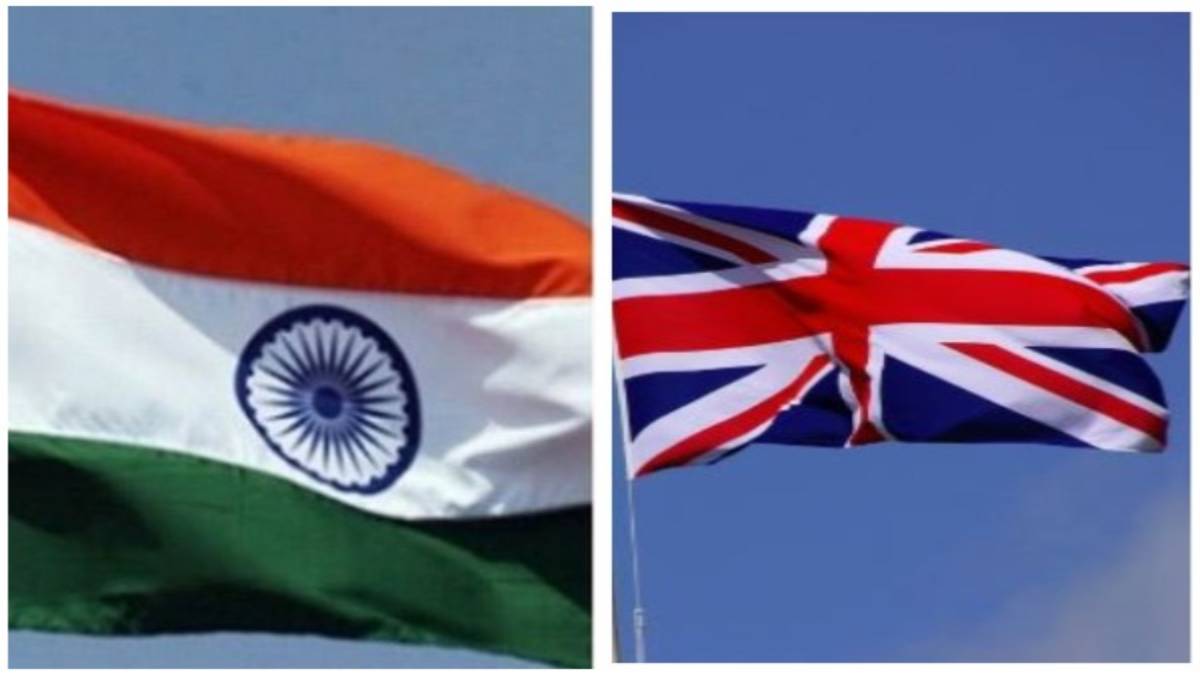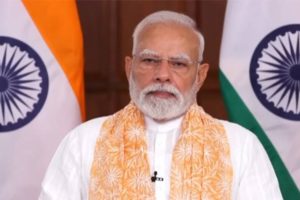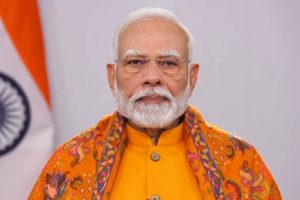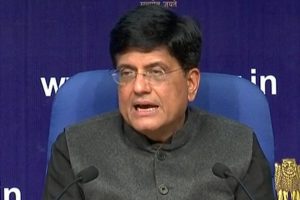The India-UK Free Trade Agreement (FTA), set to be formalised on Thursday, is poised to be a transformative milestone for Indian women across industries—especially in sectors like handlooms, artisan crafts, tech startups, and clean manufacturing.
The landmark agreement removes tariff barriers on 90% of tariff lines and opens nearly 100% of trade value between the two countries. This move will give Indian women producers and exporters duty-free access to the UK’s USD 23 billion market for labour-intensive goods, such as textiles, footwear, and leather—placing them on equal footing with competitors from Bangladesh, Pakistan, and Cambodia.
India’s rich textile and craft heritage—powered by women artisans in regions like Kanchipuram, Bhagalpur, Jaipur, and Varanasi—stands to gain significantly. Enhanced market access is expected to elevate their global profile, particularly in high-end fashion and design markets. Iconic products like Kolhapuri chappals, traditionally handmade by women-led artisan groups in Maharashtra, will also benefit from tariff-free exports, promoting cultural identity while increasing incomes and global brand visibility.
Women-led MSMEs across states such as Gujarat, Tamil Nadu, and West Bengal are expected to thrive as the FTA simplifies trade compliance, eases access to finance, and enhances export-readiness.
From the looms of Varanasi to the innovation hubs of Bengaluru and Hyderabad, the agreement places Indian women at the forefront of a more inclusive, globally integrated economy. More than just a trade pact, the FTA embodies a strategic push toward gender equity—enabling women to lead, innovate, and shape the future of international commerce.





